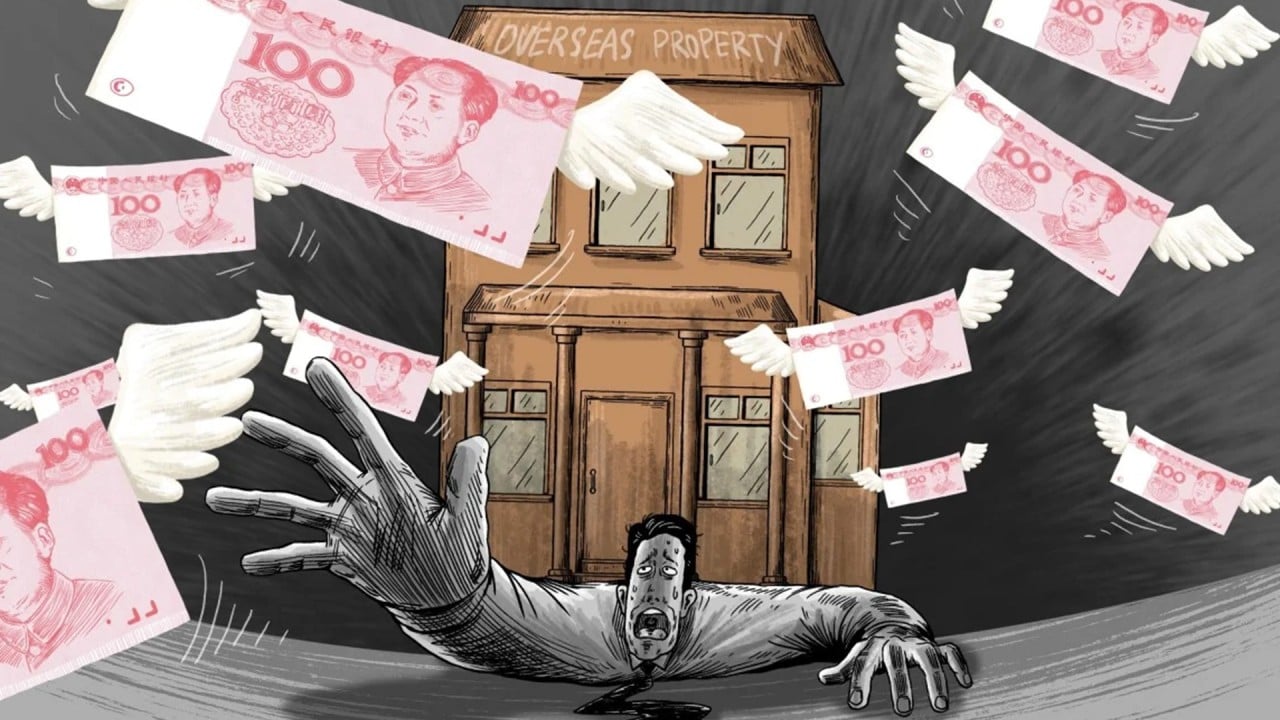China’s junk bonds remain a landmine as developers ‘not out of the woods’ and defaults to persist, PineBridge says
- China’s US dollar-denominated corporate high-yield bonds, once dominated by property debt, have lost 22 per cent so far this year
- ‘The China property sector [is a] very distressed space. We don’t think the policy support is enough,’ says Andy Suen at PineBridge Investments
![‘The China property sector [is a] very distressed space,’ Suen said. Photo: Bloomberg](https://cdn.i-scmp.com/sites/default/files/styles/1020x680/public/d8/images/canvas/2023/12/06/d00337f7-3151-4f46-a6e6-51883611bb81_7d71a7d8.jpg?itok=C1VmTfnt&v=1701865772)
“China’s property sector is not out of the woods,” said Andy Suen, co-head of Asia ex-Japan fixed income at PineBridge Investments, which managed US$155.2 billion across global asset classes as of September. “We don’t have high [confidence] in this sector. We’re still very cautious.”
China’s US dollar-denominated high-yield bonds, dominated by property debt, have lost 22 per cent so far this year, after a 33 per cent slump in each of the past two years, according to the ICE Bank of America Index. PineBridge’s Asian High Yield Total Return Bond Fund, co-managed by Suen, has returned 3.7 per cent so far this year.
“We have seen the biggest wave of defaults already,” Suen said. Even so, distress continued to spread through the property industry this year as China’s post-pandemic economic recovery slowed. “For survivors, we expect further defaults” as sales momentum weakens and prices soften, he added.
Suen trimmed his fund allocation on Chinese debt to around 20 per cent from 30 to 35 per cent, including cutting all his holding in bonds issued by Dalian Wanda and Country Garden units. He also slashed investments in local government financing vehicles and some small lenders amid concerns about their credit health.

